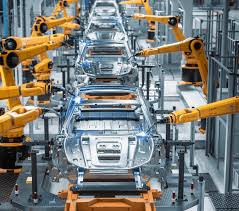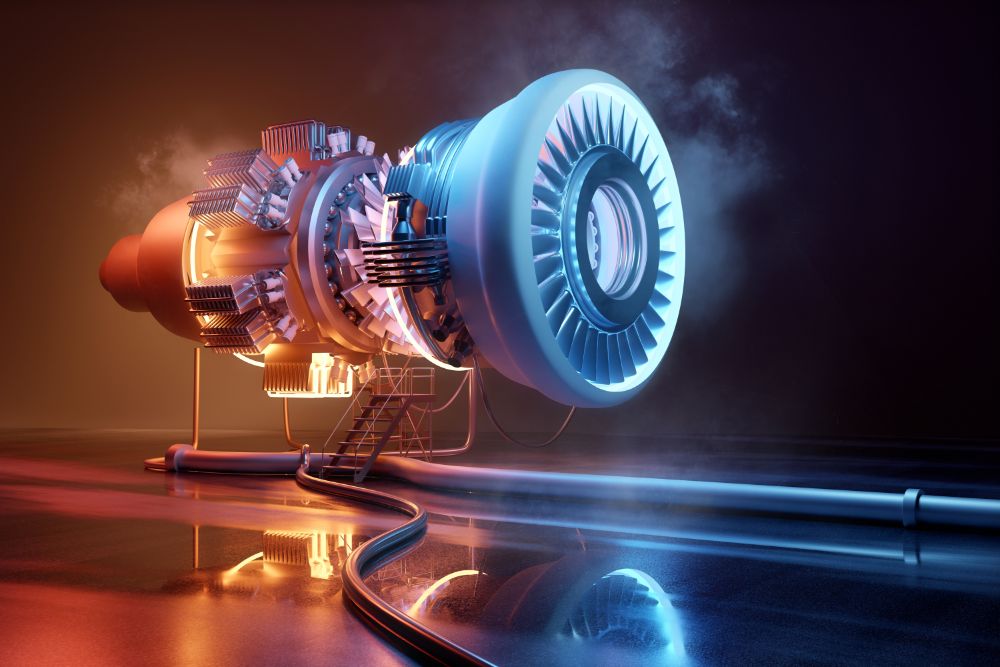Honda Motor Corporation: Leading the Charge in Emerging Automotive Trends

Strong 8k brings an ultra-HD IPTV experience to your living room and your pocket.
Introduction:
Honda Motor Corporation, one of the world’s leading automobile manufacturers, has long been recognized for its innovative engineering, commitment to sustainability, and forward-thinking strategies. As the automotive industry evolves rapidly with the rise of new technologies and shifting consumer expectations, Honda remains at the forefront of these changes. The company is adapting to the top emerging trends in the automotive sector, turning bold ideas and ambitious dreams into tangible realities. Below, we explore the key trends shaping the automotive industry and how Honda is leveraging these developments to secure its position as an industry leader.
1. Electrification of Mobility
The Trend: Electrification is one of the most transformative shifts in the automotive industry, as manufacturers move toward producing electric vehicles (EVs) to reduce carbon emissions and dependence on fossil fuels. Governments worldwide are setting ambitious targets for the phase-out of internal combustion engine (ICE) vehicles in favor of cleaner, electric alternatives.
Honda's Response: Honda has made significant strides in electrification, recognizing the need for both hybrid and fully electric vehicle offerings. The company has committed to making 100% of its global automobile sales electric by 2040, with an intermediate goal of having two-thirds of its sales come from electrified models by 2030. Honda's flagship EV, the Honda Prologue, was developed in partnership with General Motors, and the company continues to invest heavily in research and development for new battery technologies.
Honda’s "e
" strategy aims to expand its electric vehicle lineup, which includes hybrids, plug-in hybrids, and fully electric vehicles. The Honda e, a compact EV released in Europe, has garnered significant attention for its innovative design and advanced features, including a high-tech digital cockpit and AI-powered user interface.
Honda is also actively exploring solid-state battery technology, which could revolutionize EV performance by significantly reducing charging times, improving energy density, and lowering costs.
2. Autonomous Driving and Advanced Driver-Assistance Systems (ADAS)
The Trend: Autonomous driving is no longer a concept confined to science fiction; it's a rapidly developing technology that promises to transform how we travel. Advanced Driver-Assistance Systems (ADAS) already play a crucial role in modern vehicles by enhancing safety and reducing driver error.
Honda's Response: Honda has invested heavily in autonomous vehicle technologies, aiming to achieve a fully self-driving car in the coming years. The company’s partnership with Waymo (a subsidiary of Alphabet, Google’s parent company) is one of its key collaborations in the realm of autonomous driving. Honda is integrating its own ADAS features, such as Honda Sensing, into many of its vehicles to help drivers with tasks like lane-keeping, adaptive cruise control, and collision mitigation.
In addition, Honda has established a strategic alliance with General Motors and Cruise, GM’s autonomous vehicle subsidiary. This collaboration focuses on deploying self-driving vehicles in shared mobility services. Honda also unveiled its Vision S concept, which showcases the company's ambition to integrate autonomous driving with futuristic mobility services, creating a safer and more efficient transportation ecosystem.
3. Sustainability and Green Manufacturing
The Trend: Environmental sustainability is no longer just a regulatory concern—it's a fundamental driver of innovation in the automotive sector. As consumer preference shifts toward eco-friendly products, automakers are focusing on reducing emissions, minimizing waste, and adopting sustainable manufacturing practices.
Honda's Response: Honda is fully committed to reducing its environmental footprint across its entire supply chain, from production to end-of-life vehicle disposal. The company has set a target to become carbon neutral by 2050, and it is taking a comprehensive approach to achieving this goal.
Honda’s green manufacturing efforts include the development of energy-efficient production facilities, utilizing renewable energy sources, and adopting sustainable materials in vehicle construction. For example, the company has pioneered the use of plant-based materials in the production of interior components, which reduces the carbon footprint of the vehicles.
Honda has also made advancements in hydrogen fuel cell technology, with the Honda Clarity Fuel Cell vehicle being a leading example. The company sees hydrogen as a viable alternative to traditional battery-powered EVs, especially for sectors like long-haul trucking and heavy-duty applications.
4. Connected Vehicles and Digital Transformation
The Trend: Connected vehicles, powered by the Internet of Things (IoT), are revolutionizing the way cars interact with their surroundings. These vehicles enable advanced features like real-time traffic updates, over-the-air software updates, predictive maintenance, and integration with smartphones and other devices.
Honda's Response: Honda has embraced the shift toward connectivity by integrating cutting-edge technologies into its vehicles. The company’s HondaLink system allows drivers to stay connected with their vehicles remotely, offering features like remote start, vehicle tracking, and diagnostic alerts. Additionally, Honda’s infotainment systems are designed to work seamlessly with both Android Auto and Apple CarPlay, enabling drivers to enjoy a fully integrated digital experience.
Honda is also focused on enhancing its vehicles’ communication with other cars and infrastructure in what is known as Vehicle-to-Everything (V2X) technology. This helps improve safety, reduce traffic congestion, and optimize energy usage. For example, Honda is working on V2X technologies that will enable vehicles to communicate with traffic signals, other vehicles, and even pedestrians, making transportation safer and more efficient.
5. Mobility-as-a-Service (MaaS) and Shared Mobility
The Trend: The traditional model of car ownership is shifting towards shared mobility services, which allow users to access transportation on demand rather than owning a vehicle. This trend is being driven by younger consumers, urbanization, and environmental concerns.
Honda's Response: Honda recognizes the growing demand for alternative mobility solutions and is taking steps to lead the way in the Mobility-as-a-Service (MaaS) ecosystem. The company has launched various initiatives focused on car-sharing and ride-hailing services.
One of the most notable partnerships is with Lyft, through which Honda has provided a fleet of vehicles for use in the ridesharing network. The company is also exploring innovative mobility services in urban areas, including micro-mobility solutions like electric scooters and bikes.
Furthermore, Honda is collaborating with other companies in the transportation and logistics sectors to develop autonomous delivery vehicles. These could reduce the need for human drivers in certain urban areas and provide efficient solutions for last-mile delivery.
Conclusion
Honda Motor Corporation is not just responding to the top trends in the automotive industry—it is actively shaping them. From electrification and autonomous driving to sustainability and shared mobility, Honda’s innovative strategies are enabling the company to remain competitive in an ever-changing market. By embracing these emerging trends, Honda is setting itself up to lead the industry into a new era of mobility, where cutting-edge technologies and sustainable practices work in tandem to create safer, cleaner, and more efficient transportation solutions.
Read the complete blog: https://www.nextmsc.com/blogs/Top-5-Emerging-Trends-in-Automotive-Industry
Note: IndiBlogHub features both user-submitted and editorial content. We do not verify third-party contributions. Read our Disclaimer and Privacy Policyfor details.







